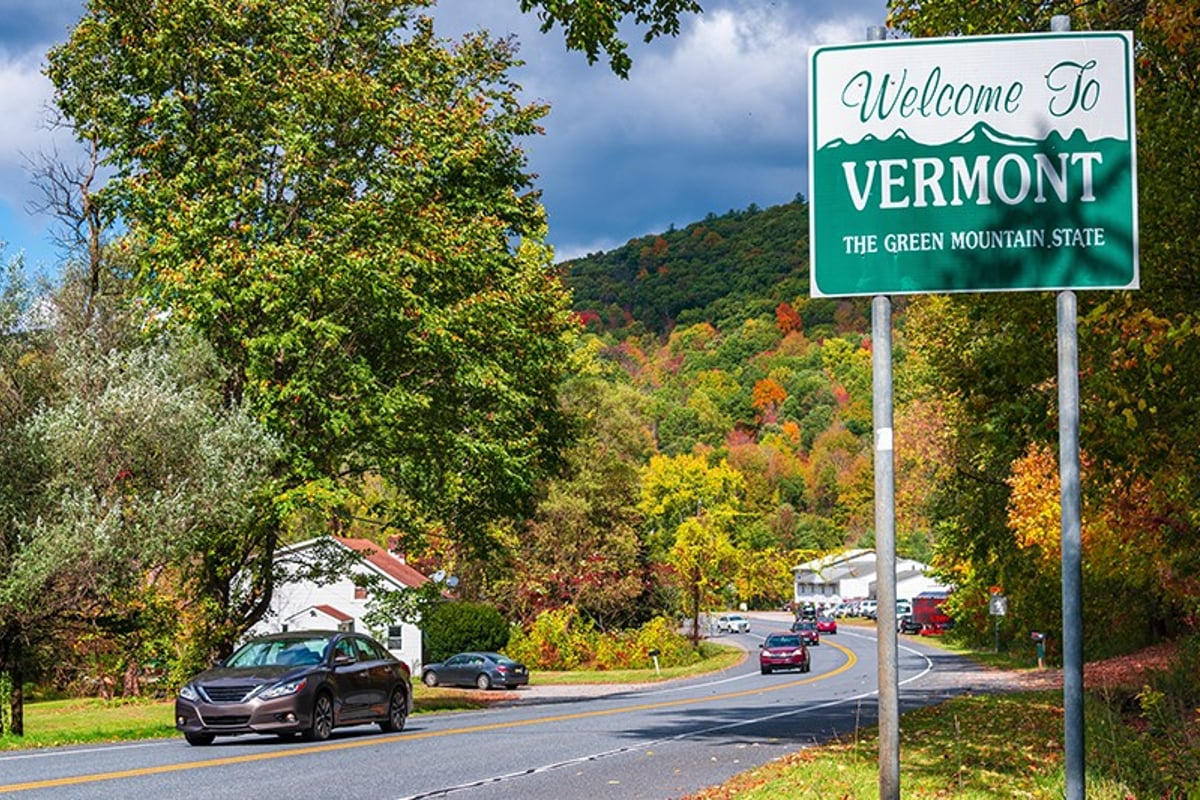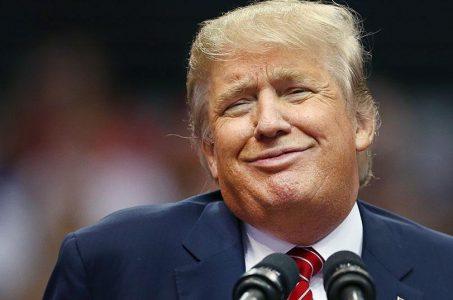Underground Vermont Sports Betting Ring Prompts Legalization Review
Posted on: July 18, 2022, 02:36h.
Last updated on: July 19, 2022, 11:49h.
Vermont sports betting remains illegal. But a state investigation into an alleged underground bookmaking operation has renewed consideration of legalizing such gambling in Montpelier.

Vermont lawmakers have mulled legalizing gambling on sports ever since the US Supreme Court in May 2018 struck down the federal ban that had prohibited single-game sports betting everywhere outside of Nevada. But unlike two of its three neighbors — New York and New Hampshire — Vermont has remained on the legal sports betting sidelines.
Such legislative consideration was recently renewed after the Vermont Department of Liquor and Lottery initiated an investigation into an alleged illegal sports betting network. Customers of the underground bookie reported to the state that they were taken for tens of thousands of dollars by the unregulated operation.
That wouldn’t happen in a regulated sports betting market,” said Wendy Knight, Liquor and Lottery commissioner.
Vermont is home to less than 644,000 people, making it the second least-populated state in the US, behind only Wyoming. And though Vermont does not have professional sports teams, a substantial portion of its residents are considered “flatlanders” — aka people who moved north from Boston and other parts of the Northeast.
Those flatlanders tend to bring their sports fandom with them to Vermont. Boston sports teams are typically the favorites of Vermonters.
Review Hypes Tax Benefit
The Vermont Department of Liquor and Lottery’s probe of an alleged underground sports ring isn’t the only reason state lawmakers are taking another look at regulating sports betting. The Legislature’s nonpartisan Joint Fiscal Office recently completed a probe of the financial benefits the state might receive by allowing sports wagering.
The review found that Vermont would receive anywhere between $2 million to $10 million a year if it were to legalize, regulate, and tax sports betting. The tax benefits range depends on numerous conditions, such as the effective tax imposed on gross sports betting revenue and the type of professional and collegiate events permitted.
The Joint Fiscal Office concluded in its 180-page report that it would likely be in Vermont’s best interest to legalize sports betting. That moves sports betting dollars currently being wagered illegally via offshore or underground bookies into a regulated environment.
The office also said authorizing sports betting in Vermont would eliminate the need for state residents to travel into neighboring sports betting states to place a wager lawfully.
Society Protections
The “Freedom and Unity” state’s top officials say Vermont must not race to reap the tax benefits that sports betting might create. They want to hold off until adequate safeguards are developed to ensure such gambling doesn’t harm the public. Vermont has for decades shunned most gambling, the lone exception being its state-run Vermont Lottery.
[Sports betting] is a social proposition that we have to take seriously,” said state Rep. Tom Stevens (D-Waterbury).
State Sen. Michael Sirotkin (D-Chittenden), who chairs the Senate Committee on Economic Development, Housing, and General Affairs, agrees.
“Whether it’s alcohol or marijuana or gambling, some people are more skittish than others,” he said of motioning to legalize another so-called “sin industry.”
Related News Articles
Sports Betting Legalization as Polarizing as National Politics, New Poll Finds
Minnesota Sports Betting Bill Scores First Victory
Most Popular
Las Vegas Overstated F1 Race’s Vegas Impact — Report
Vegas Strip Clubs Wrestle in Court Over Animal Names
Las Vegas Strip Stabbing Near The Strat Leaves One Man Dead
Most Commented
-
End of the Line for Las Vegas Monorail
— April 5, 2024 — 90 Comments -
Mega Millions Reportedly Mulling Substantial Ticket Price Increase
— April 16, 2024 — 6 Comments -
Long Island Casino Opponents Love New York Licensing Delays
— March 27, 2024 — 5 Comments -
Nearly Abandoned Mall Outside Vegas Soon to Have Only One Tenant
— March 12, 2024 — 5 Comments
















No comments yet